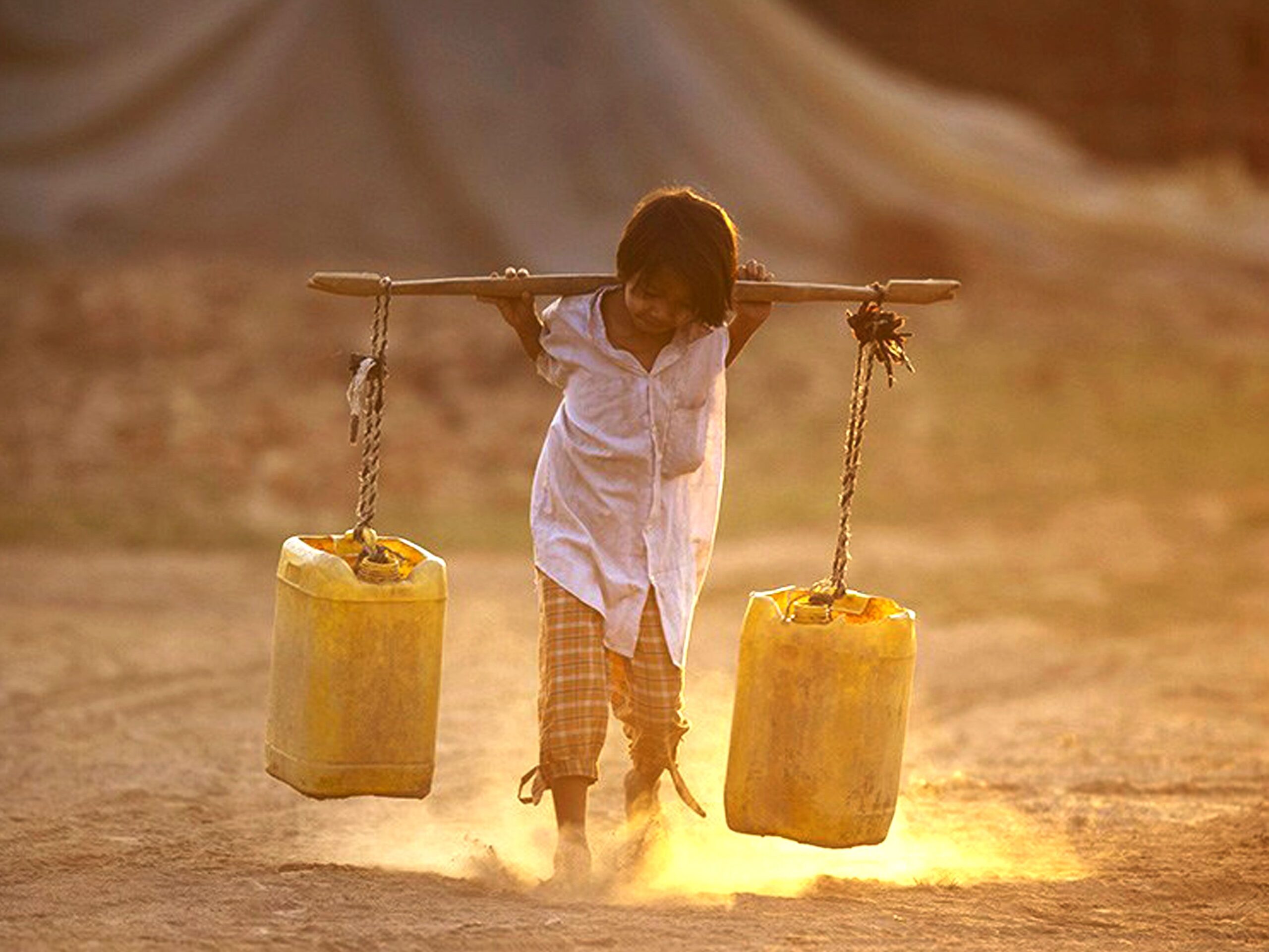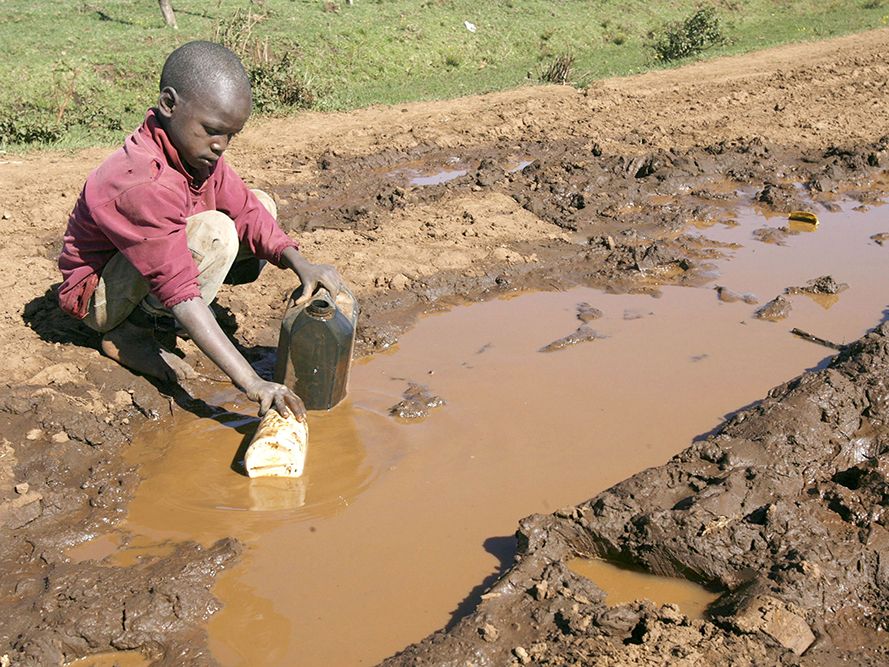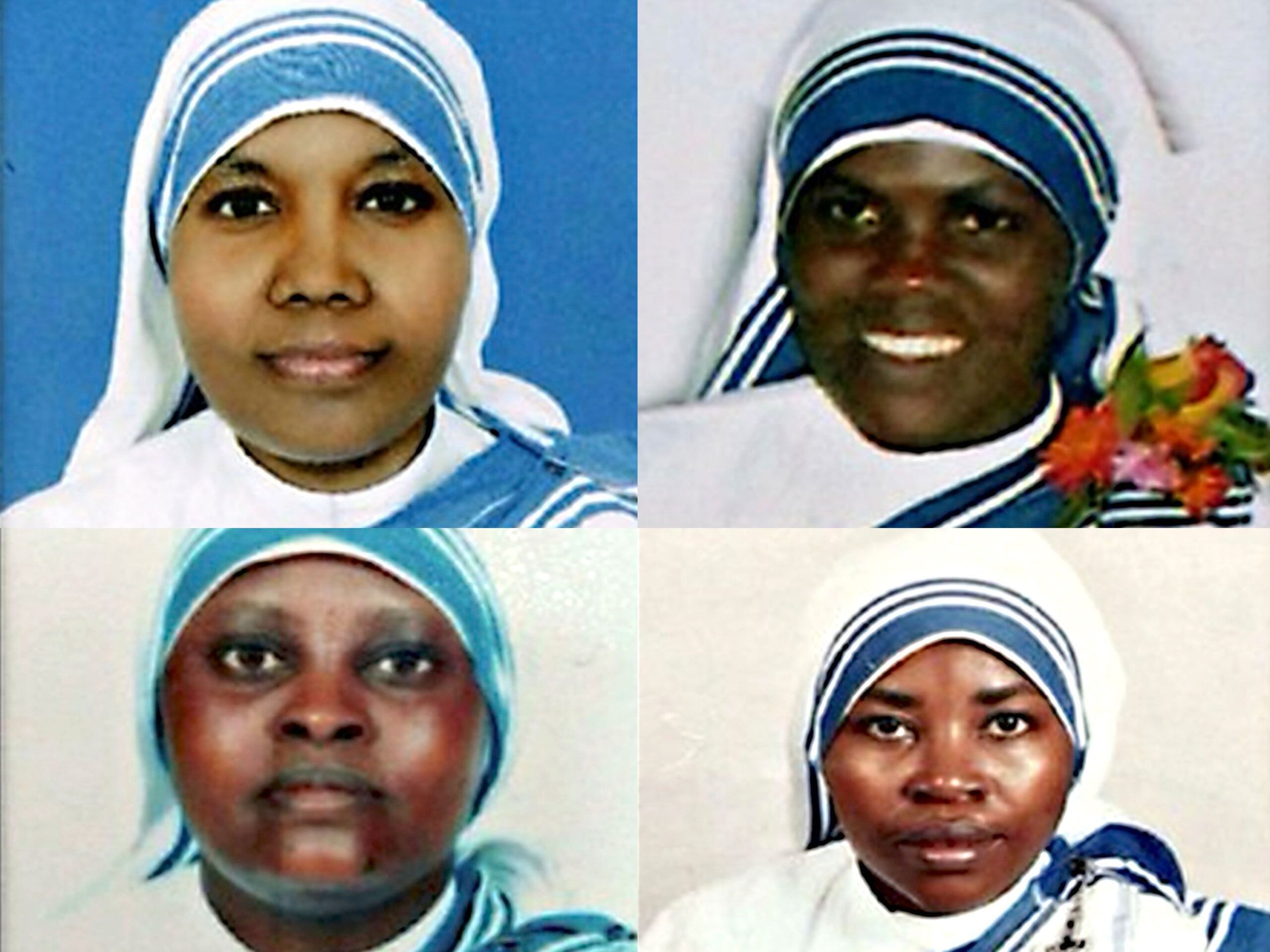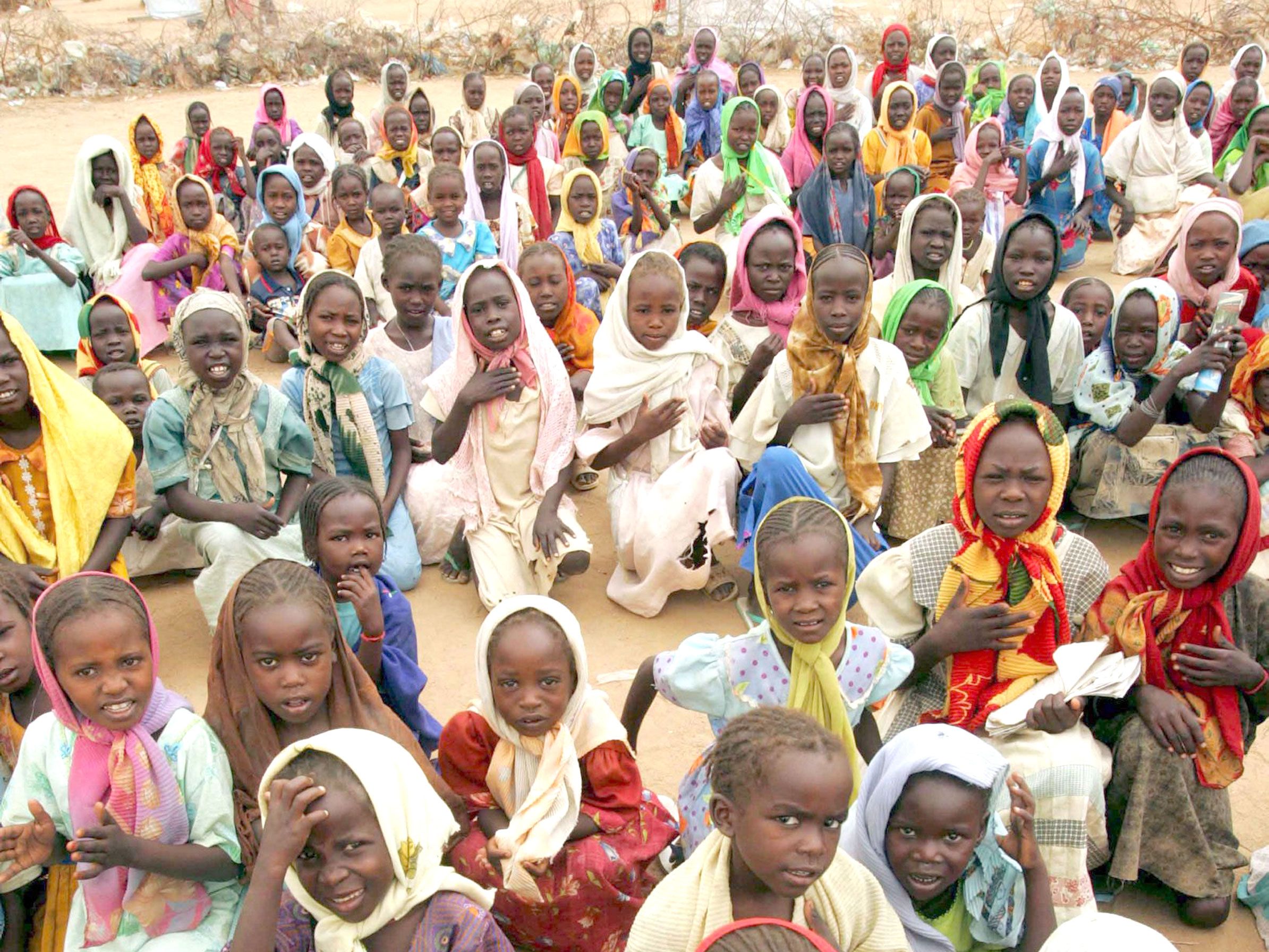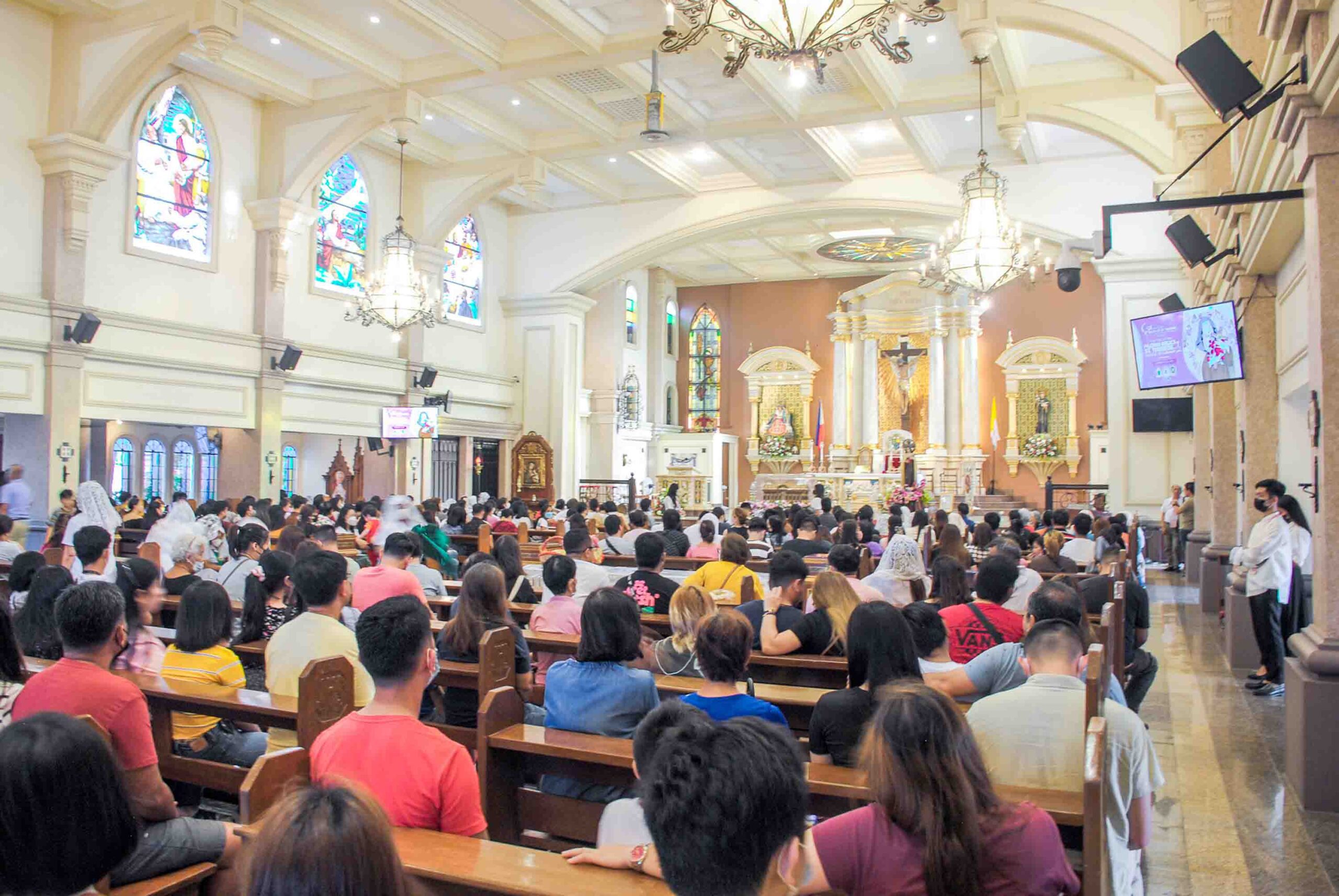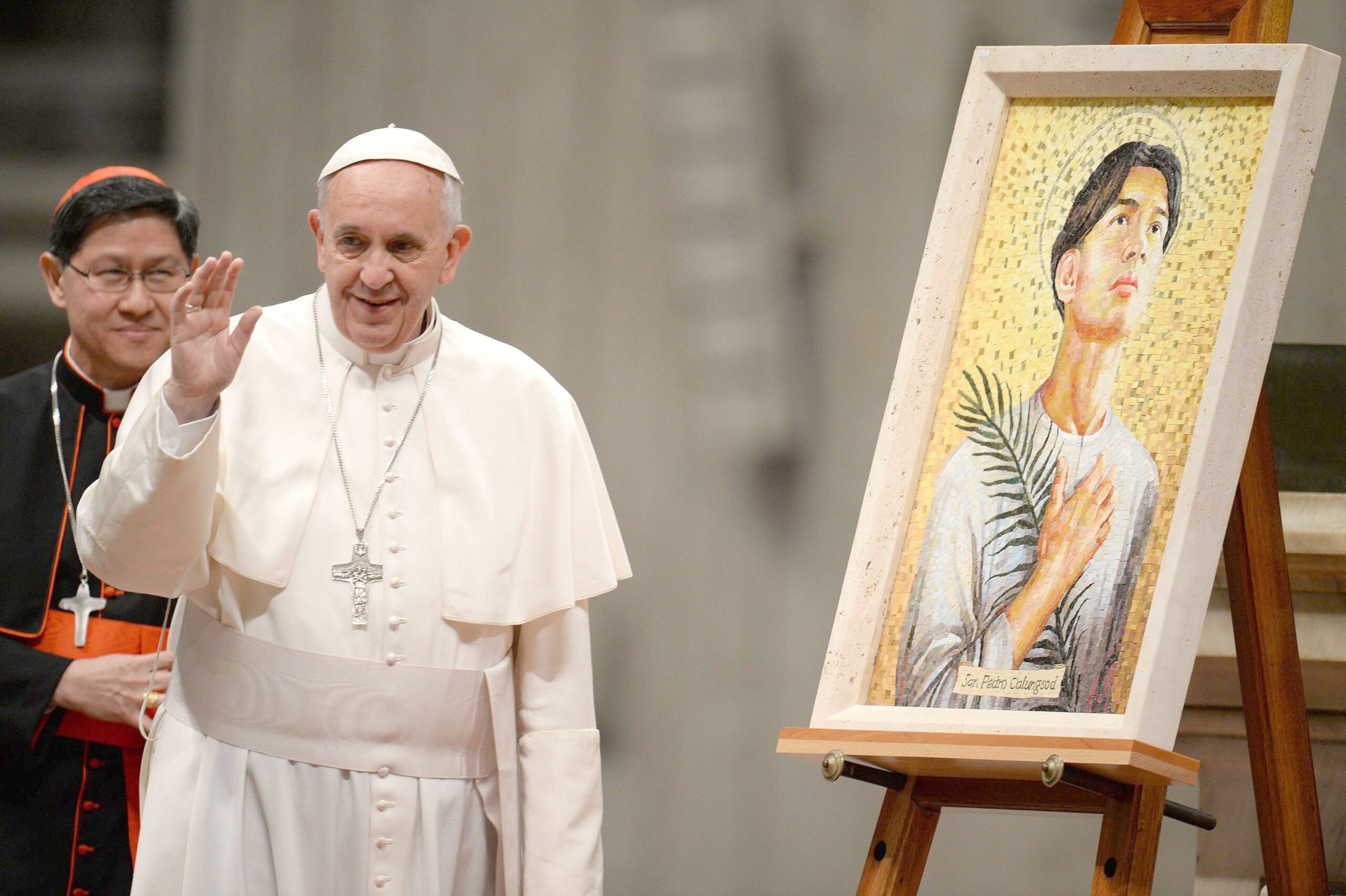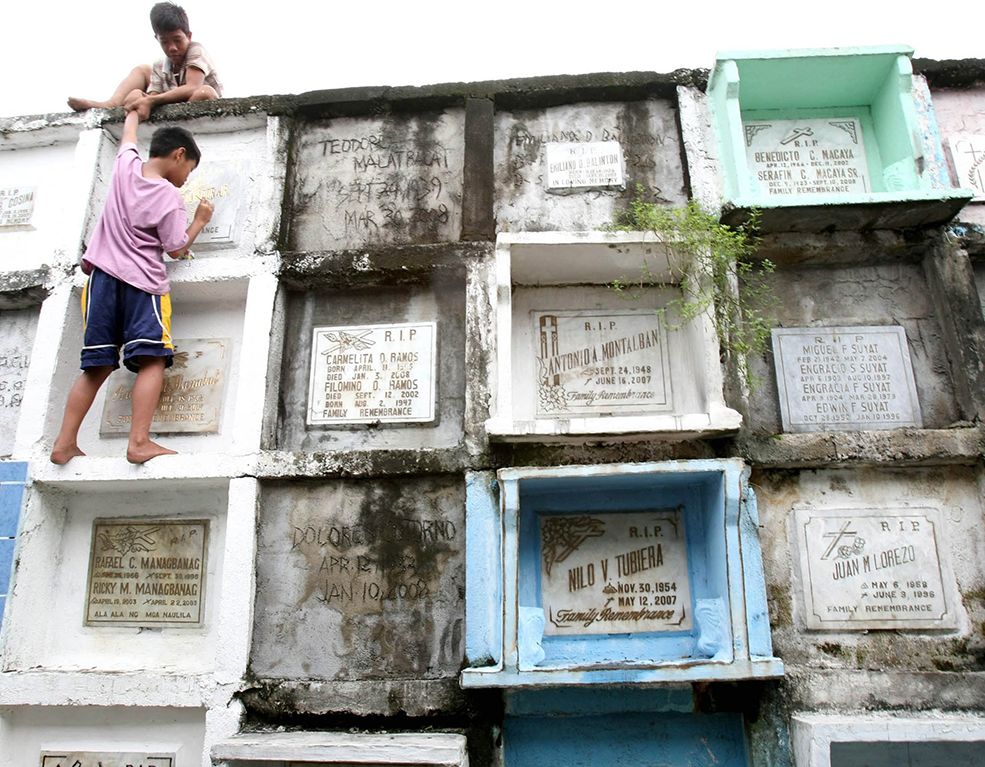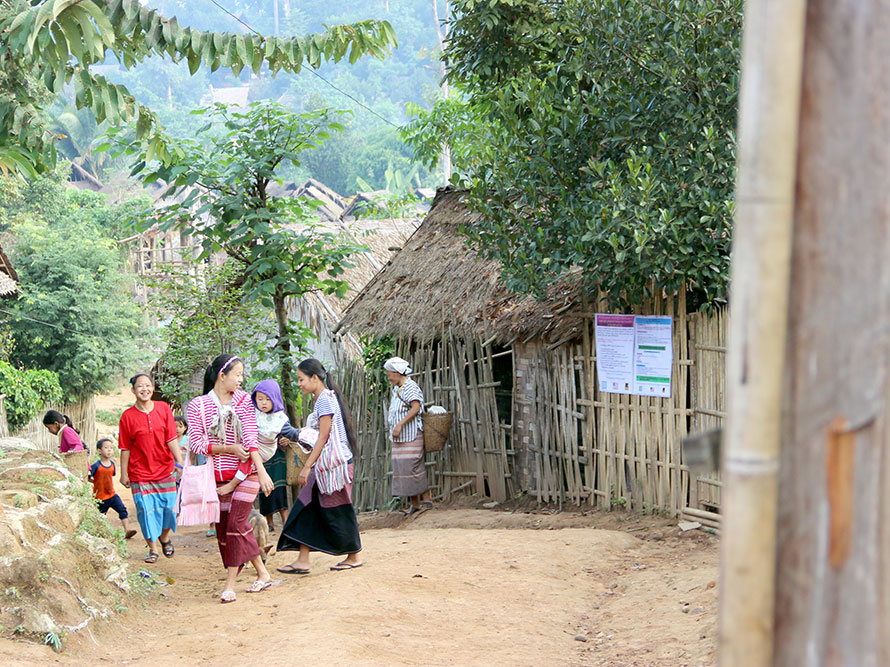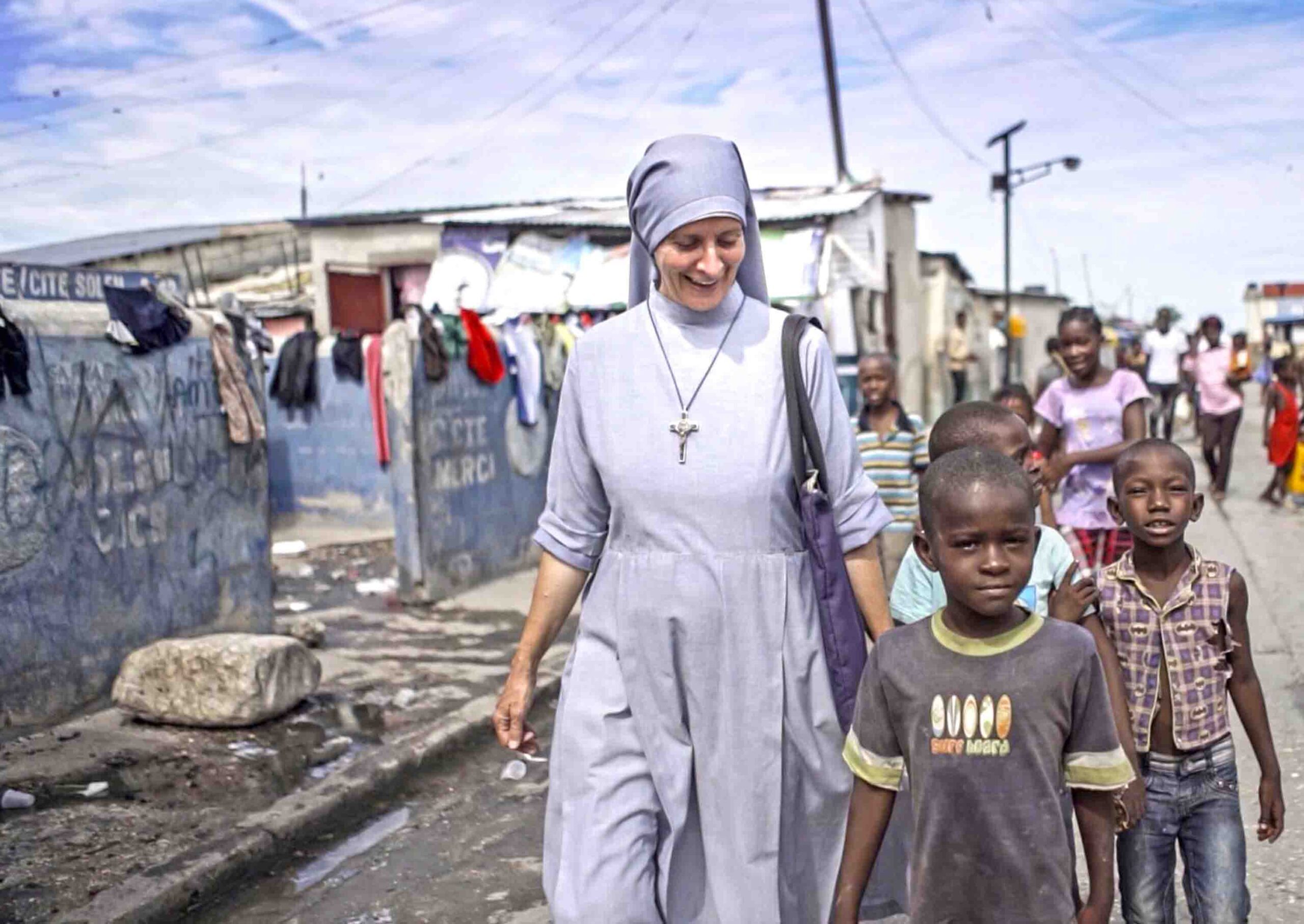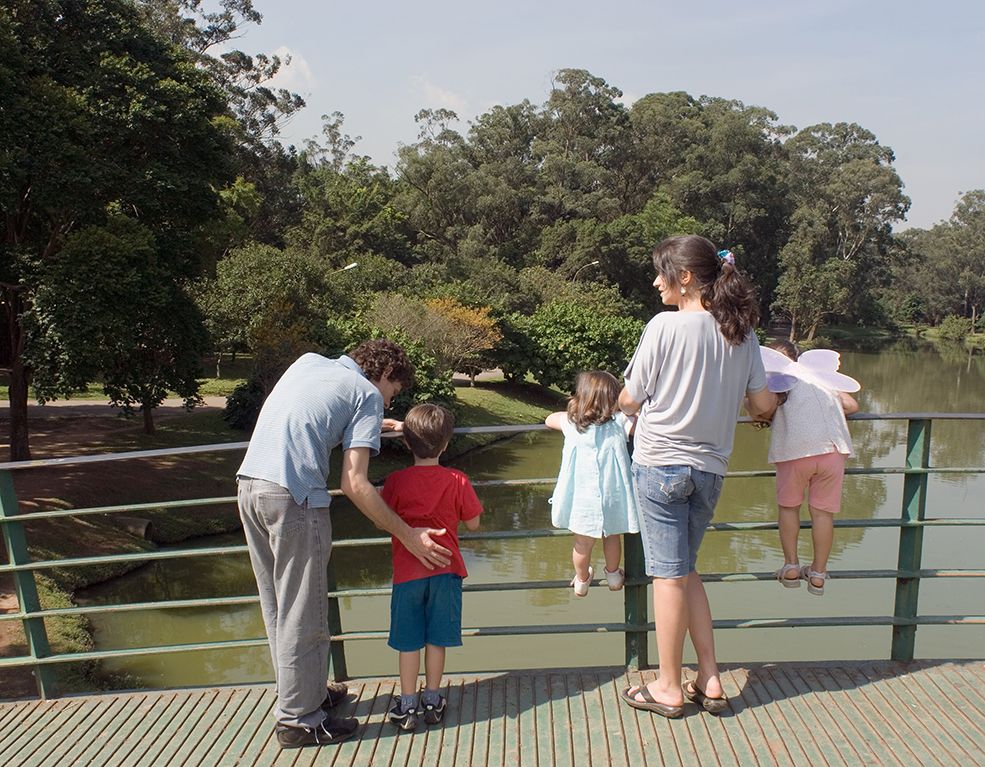Who is Archbishop Thomas Menamparampil?
If you want to know the real truth, ask my critics; my friends would be too kind to tell the whole truth. As for me, I feel I am just a ‘simple missionary.’ My ambition would be to be a CM, a “committed missionary.” But in this, I think I have failed. But I must keep trying.
You were the Archbishop of Guwahati for 22 years, after being a bishop at Dibrugarh for a decade. How did you address the most pressing needs you had?
Being the first bishop of Guwahati, I had to begin from scratch. I inherited 13 priests and the care of 9 vast districts with over 6 million people. We had only 15 parishes. Missionary personnel were inadequate, institutions few, infrastructure far short of requirement. But, then, miracles happened: volunteers came; ideas multiplied; the small team of apostolic workers we had organized themselves into a purpose-driven team; enthusiasm grew. Institutions came up that were never dreamt of. I am speaking about hospitals, schools, training centers, seminaries, formation houses, even a university, possibly the first Catholic university in India. Services were initiated that seemed impossible earlier: for slum children, street kids, handicapped (differently enabled). New parishes came up, communities grew sturdy, and a new diocese (of Bongaigaon) was created. All this happened amidst ethnic tensions and frequent inter-community conflicts. Troubles were many and diverse but collaboration was never absent. I am infinitely grateful to my colleagues.
I understand that the opening of new Catholic presence often met with difficulties, not to say stiff opposition in some places. How were these overcome?
A bit of opposition is normal when an unfamiliar force enters into a neighborhood without any explanation. I usually persuade my colleagues to introduce themselves to the local leaders, meet the neighbors, and explain the nature of the service ( in the field of education, health, or social development) they intend to offer. Whatever we intend to do, we should relate it in a complementary fashion to similar services being offered there. Our work should not look like activity in competition. There should be great openness and a humble tone about everything. Our work should not look like a self-oriented venture of a multinational corporation. Often, the opposition is not against the Church itself but against the negative image that has been portrayed about us by prejudiced people. When they see that we respect the local culture; we relate with people easily; we are not merely claiming our rights but offering a relevant service in a helpful manner, their opposition softens or even disappears altogether. Those who opposed at the beginning apologize. Friendship in the neighborhood is extremely important.
The history of Catholicism in the northeast of India has been rather successful. Can you comment?
Success is not something easy to measure. But we are edified that the response of the people to the Gospel has been great, and that the Church has grown, with 15 dioceses today. The Christian community is a little more than a century old but it ranks with the oldest, and its services are respected at the national level. Institutions have multiplied, religious publications have increased, contextual theological reflection has been initiated. Many national programs take place in the region. Catholic communities are to be found even among the remotest tribal communities, vocations have risen, the number of indigenous priests and religious has gone up. Missionaries from this region are already working in many other parts of the world – from Mexico to Mongolia.
Can we talk about persecution of Christians in the land of Assam?
I would not speak of persecution in the context of Assam. Some cases of harassment are isolated incidents, sometimes due to our mistakes or our inability to build up a relationship with the surrounding community. This is not to deny the existence of some anti-Christian forces, mostly with their base in other regions, which are seeking to spread discontentment among the people against Christian growth. I am not sure whether taking them on frontally and challenging them with ‘rights claims’ in court, political pressure and international opinion, is the best way to deal with them. This course of action, of course, remains as a last resort.
I do not feel comfortable with creating an alarmist atmosphere among our scattered Christian communities, making them live in high tension and constant readiness to fight back. This would merely be counterproductive. Our opponents are seeking to do precisely this: to polarize communities so that, at any little provocation, the stronger ones can teach an unforgettable lesson to the weaker ones. It is far wiser to build up relationship with people who think differently, and to befriend sober element in society, and tap the enormous stock of goodwill present among fellow Indians.
Recently, when some rightist radicals criticized Mother Teresa in strong language, our Hindu friends defended her in stronger terms than any of her Christian admirers. Such things have happened in India repeatedly. We need to retain that goodwill of the majority community and profit from it, and not do things that might merely annoy or humiliate the majority leadership with exaggerated forms of complaints. Our bigger institutions need to be delicate in dealing with dependents and associates, and respectful in dealing with neighbors and the larger society.
How would you define your approach to evangelization?
Many well-meaning Christians have developed a negative attitude to what they understand by the word ‘evangelization.’ They reject it as a process of brainwashing or proselytization. For me, evangelization is helping a person to grow to his/her full stature, develop to his full potentiality; it is leading him to the deeper levels of his personality and healing his inner wounds; it is inviting him to look to the future and to his ultimate destiny where Jesus awaits him.
The Jesus whom we introduce to a person when we evangelize does not come to demolish and destroy what is good in him, or in his culture, or in his traditions; Jesus comes to perfect whatever is good in every person or a community, and fulfill every longing fostered by a culture or a civilization.
That evangelizer communicates best who inserts himself into the cultural world of the person concerned, addresses him in his intellectual search, pedagogically paying attention to his emotional state as well. He listens more than he lectures. He does not need to argue, or challenge or refute; all he does is to elicit thought and present his convictions about Jesus and His message of love in all humility and gentleness. It is a path of persuasion all the way. Even a whisper can work wonders.
The ethnic variety in these lands is both a great wealth and, at the same time, an enormous challenge to the work of evangelization. Can you comment?
It is true, Northeast India is a land of great ethnic and cultural diversity. More than 300 tribes live in this part of the world. Anthropological diversity indeed is extremely interesting but also bewildering for a newcomer. A missionary gets confused when he has to deal with people of diverse cultures and character at the same time. When he is transferred from one parish to another, he may have to learn a new language or accommodate another lifestyle. However, once the first barriers are crossed, life becomes intensely more interesting. Every culture reveals another version of human nature. Accommodating differences enriches him immensely because problems are also possibilities. And nature’s gifts are complementary. If diverse talents of different peoples are brought into cooperative relationships, great things can be achieved. It is a joy for a missionary to contribute his share to offering the Gospel to every tribe and tongue and people and nation.
You have been working for peace among various ethnic groups in conflict for many years. What has been your experience?
One thing that I have discovered while dealing with fighters is that everyone is fighting for a good cause, at least from his own point of view. That is why I would not be quick in condemning people and hastily dubbing them ‘terrorists.’ Everyone is trying to address some problem of his own or of his people. All that our peace team suggests is that the aggrieved parties search for another method of solving their problem than the use of violence. They begin to listen to us only when they see that we respect them and are sympathetic towards at least some aspect of their grievance or understand some dimension of their cause. It involves much sympathetic listening. We insist on building emotional bridges.
The solutions are ultimately in their hands, we can only prompt possibilities. It is not easy to persuade a group to compromise on their central concerns. But the compulsion of having to live together gradually urges them to yield at one point or another. Peace returns when they begin to look to the future than to the past. Our peace team has intervened helpfully at least a dozen distinct cases of ethnic conflicts. When peace comes at last, we ensure a future to the rising generation.
After all these years of missionary service in the Northeast, what are some of the valid lessons you have learned and treasured as a missionary?
My first learning is to aim high but to be satisfied at every stage with the reality of the day and the possibilities of the situation. We keep falling short of our ideals and goals but we should never give up nor lower our goals. We change strategies, rebuild our determination, and continue the struggle with the enthusiasm of the first day.
Another learning would be to believe that it is often from the problems themselves that their solutions emerge; that problem makers are gifts provided by Nature that we may search for creative answers; that troubles open out undreamt of opportunities; that worries invite us to remain persistent and strengthen our resolve; that God is the Master of history and He unfailingly stands with us and sees us through to our destiny.




